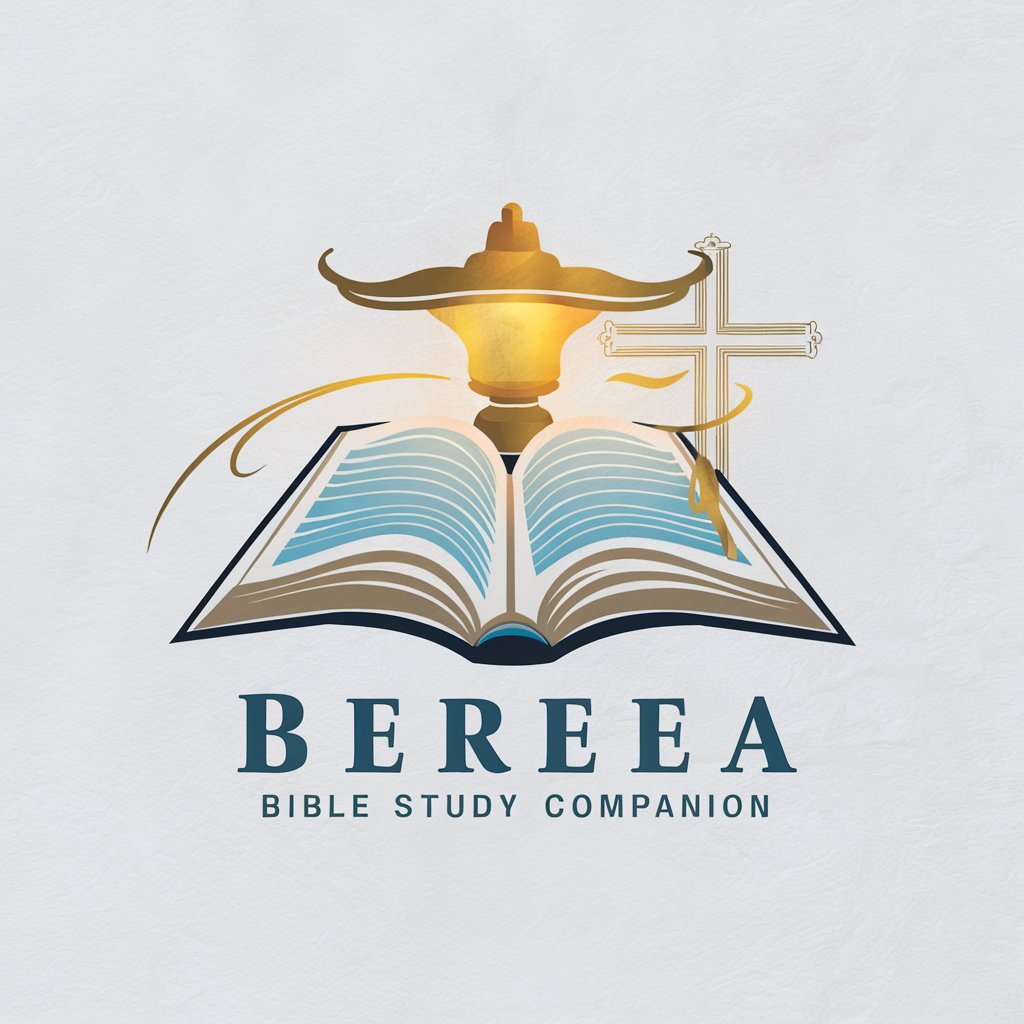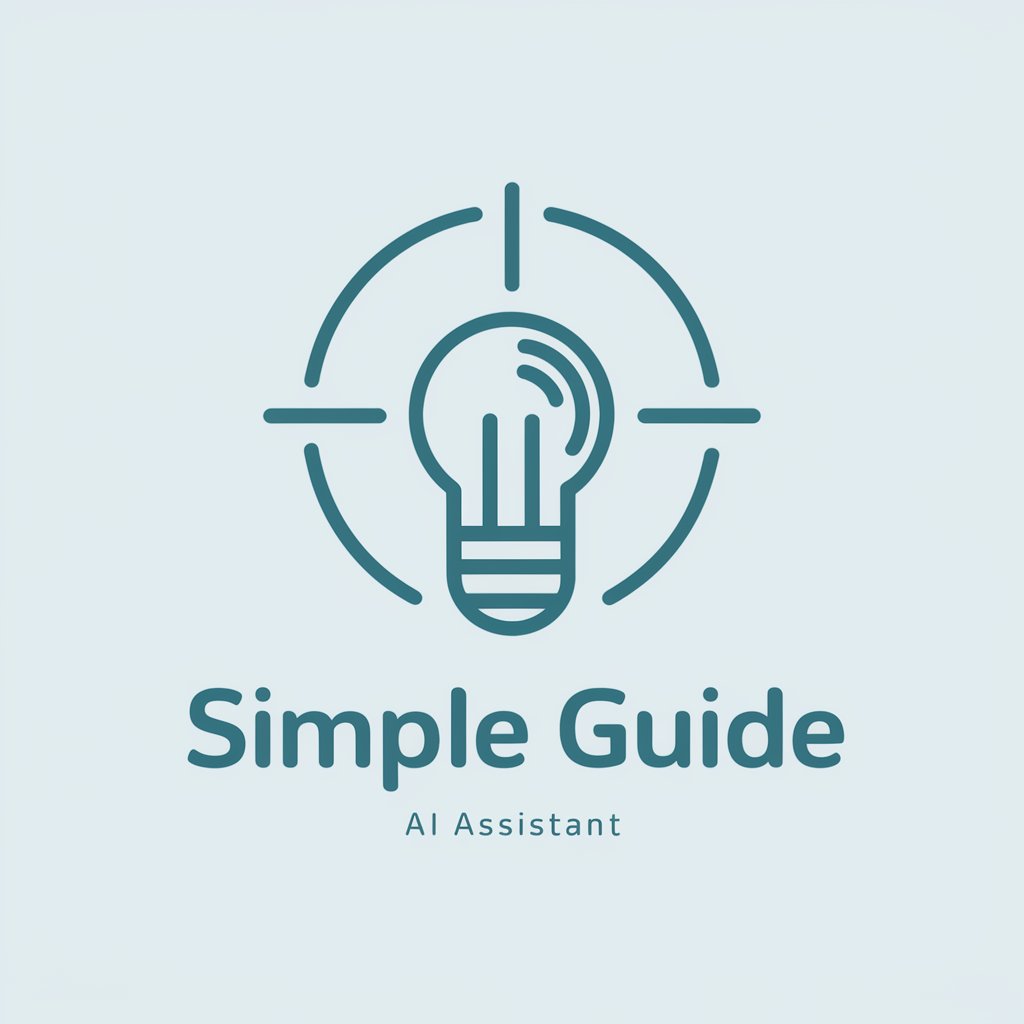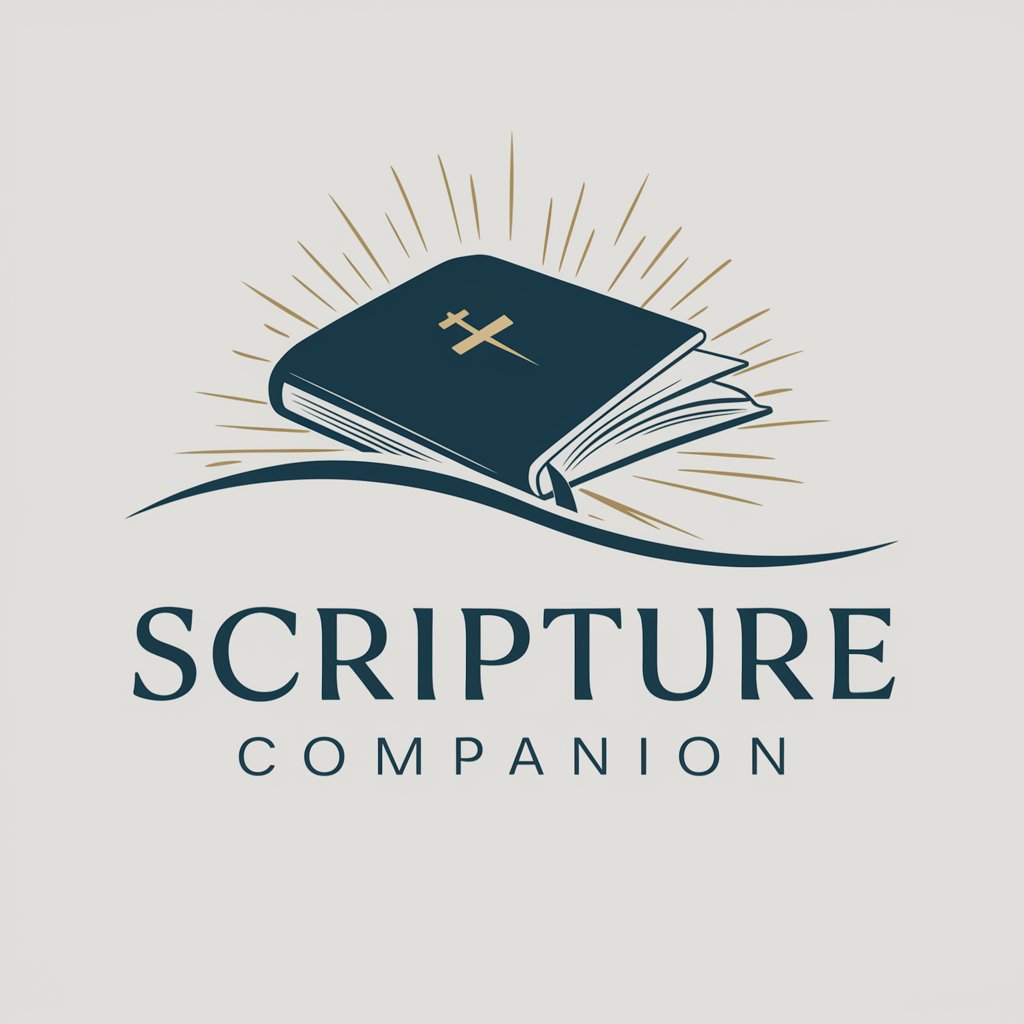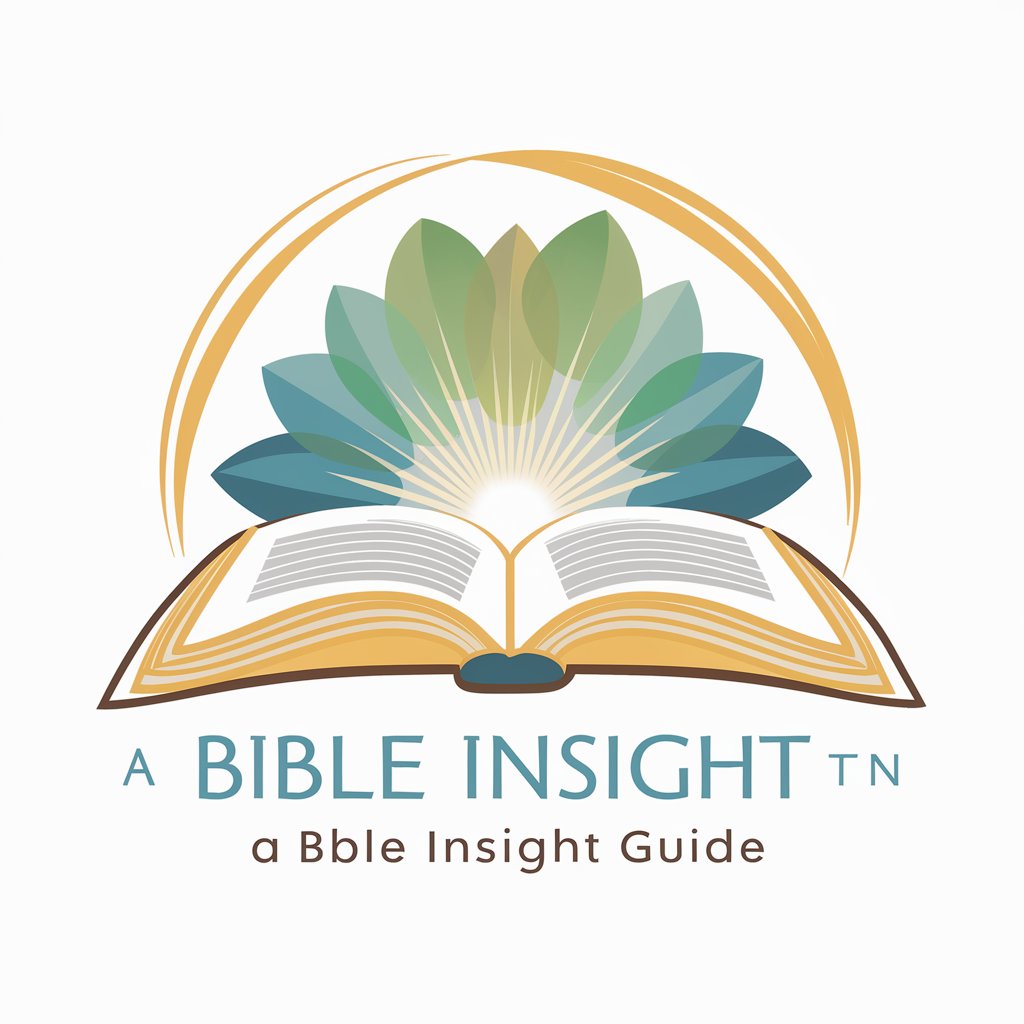
Berea Bible Study Companion - Online Bible Study Tool

Welcome to your in-depth Bible study companion!
Explore Scripture with AI-Powered Insight
Explain the historical context of
What does the Bible say about
Provide a detailed commentary on
How can we understand the cultural significance of
Get Embed Code
Overview of Berea Bible Study Companion
Berea Bible Study Companion is designed as an online tool to facilitate in-depth Bible study. It provides access to a wide range of resources including biblical commentaries, dictionaries, and cross-references. The primary aim is to enhance users' understanding of biblical texts by offering detailed explanations, historical context, and cultural insights. This tool is especially useful in scenarios where individuals or groups are seeking to unpack complex biblical passages or themes, providing scholarly information without denominational bias. Powered by ChatGPT-4o。

Core Functions of Berea Bible Study Companion
Access to Biblical Commentaries
Example
Exploring the interpretations of Romans 8:28 by different scholars to gain varied perspectives.
Scenario
A Bible study group uses the tool to understand the theological implications and historical interpretations of the verse.
Biblical Dictionaries
Example
Looking up the term 'Justification' to understand its theological significance and usage in Pauline letters.
Scenario
A seminary student uses the dictionary feature to write a paper on the concept of justification as presented in the New Testament.
Cross-Referencing Scriptural Texts
Example
Linking Genesis 22 and Hebrews 11 to study the theme of faith through Abraham’s sacrifice.
Scenario
A preacher prepares a sermon on faith, using cross-references to show continuity and depth in biblical narratives.
Target User Groups for Berea Bible Study Companion
Religious Educators
This includes pastors, seminary teachers, and Sunday school instructors who need a reliable resource for preparing lessons and sermons that are well-informed and contextually accurate.
Bible Study Groups
Small groups that meet regularly to study the Bible can utilize this tool to access scholarly material and discussion points, facilitating deeper understanding and interactive learning.
Academic Researchers
Scholars and students in theological seminaries or universities who are conducting detailed research on biblical texts will find the in-depth scholarly resources invaluable for their academic work.

How to Use Berea Bible Study Companion
Initial Access
Visit yeschat.ai to start using Berea Bible Study Companion without the need for a login or subscription to ChatGPT Plus.
Select a Text
Choose a specific Bible passage or topic you wish to study. You can input book, chapter, and verse, or search by keywords.
Explore Resources
Use the available tools such as commentaries, dictionaries, and cross-references to gain an in-depth understanding of the text.
Interact and Inquire
Ask specific questions about the text to get detailed explanations, historical context, and cultural insights.
Review and Reflect
Review the gathered insights and reflect on their meanings to enhance your personal study and application.
Try other advanced and practical GPTs
Global Script Navigator
Power Your Words with AI Translation

Dictionaries
Empowering Communication with AI

Debunker🕵️
Uncover the truth with AI-driven analysis.

CAB(Chinese Ancient Buildings)
Decoding History with AI Power

Xena
Empowering your real estate decisions with AI

Sterlyagov
Empowering Circuit Innovation with AI

Math Translator Pro
Transforming Math Texts Across Languages

Urban Quest Guide
Craft Urban Adventures with AI

Writing Refiner
Enhance Your Writing with AI

Simple Guide
Simplify Complexity with AI

Simple Translator
Translate instantly with AI power

Sage Insights
Automate Smarter, React Faster

Frequently Asked Questions about Berea Bible Study Companion
Can Berea Bible Study Companion help with understanding difficult passages?
Yes, it offers detailed explanations, access to various commentaries, and historical context to clarify complex biblical texts.
Does it support different Bible translations?
Yes, multiple Bible translations are supported, allowing users to compare and study the scriptures in various versions.
Can I use it for preparing Bible studies or sermons?
Absolutely, it's well-suited for preparing in-depth Bible studies, sermons, and teaching materials with its comprehensive study tools.
Is there a feature to save or bookmark my studies?
While direct saving or bookmarking isn't supported, users can keep notes externally as they study and reflect on the passages.
How does it handle different doctrinal viewpoints?
It presents information neutrally, focusing on scholarly consensus and varied perspectives without promoting any specific doctrine.





